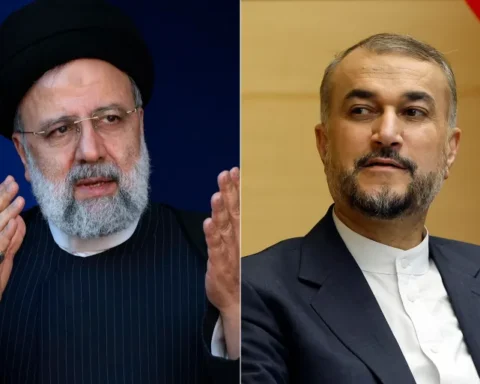BBC: In Bethlehem, in the occupied West Bank, 17-year-old Yazen Alhasnat, recently released from prison, described his experience under Israel’s “administrative detention.” This policy, inherited from the British, allows Israel to hold individuals indefinitely without charge, based on a secret file. Yazen was among 180 Palestinian children and women released in exchange for hostages held by Hamas. However, the number of people in administrative detention has surged to over 2,800.
▪️ The policy is contentious. Israel asserts its compliance with international law, citing detainees’ rights to appeal and regular detention reviews. Human rights groups, however, criticize the policy’s extensive use, arguing it’s an abuse of a security law and prevents effective defense due to the secrecy of evidence.
▪️ Palestinians have been subject to administrative detention since 1945, with the policy mostly applied to West Bank Palestinians. Detainees face military court hearings without disclosure of evidence against them and can be detained indefinitely. The military court system, with a high conviction rate, is seen as heavily biased against Palestinians.
Recent experiences of Palestinian youth highlight the policy’s impact. Yazen, Osama Marmesh, and Musa Aloridat, all detained under administrative detention, were never shown evidence against them. Their charges, when provided, were vague or minimal.
▪️ Conditions in prison worsened following a Hamas attack, with allegations of collective punishment.
The Israeli Prison Service confirmed changes in prison conditions in response to Hamas’s actions. The released detainees now face the challenge of resuming normal life under the constant threat of re-arrest, symbolizing a broader sense of ongoing psychological detention.
The entire article can be read at the link https://www.bbc.com/news/world-middle-east-67600015











